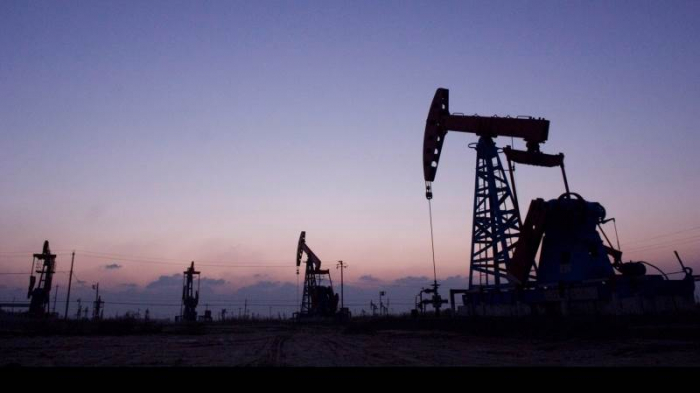Brent crude was up by 4 cents at $66.62 a barrel by 0551 GMT, after gaining 4.6% on Wednesday and closing at the highest since March 17.
U.S. West Texas Intermediate futures edged 3 cents lower to $63.12 a barrel, having risen 4.9% in the previous session.
Supply discipline and rebounding economies are set to give oil a chance to break out of the recent range, Goldman Sachs analysts said in a new report.
“We remain positive on Brent oil forecasting US$80/bbl in 3Q21 on a near-term demand recovery and supply discipline,” Goldman analysts said.
The U.S. investment bank also brought forward its predicted peak for global oil transport demand by one year to 2026, due to the rising penetration of electric vehicles as economies push for decarbonization.
Even so it does not forecast peak oil demand this decade due to growth in petrochemicals and aviation fuel markets, though it expects overall oil demand beyond 2025 “to be anemic mainly due to electrification”.
Global oil demand and supply are set to be rebalanced in the second half of this year after the evaporation of demand in 2020 as the COVID-19 pandemic raged, according to the IEA’s monthly report.
Producers may then need to pump a further 2 million bpd to meet the demand.
The Organization of the Petroleum Exporting Countries (OPEC), which has been withholding supply in tandem with other producers including Russia, this week raised its forecast for global oil demand this year.
OPEC expects demand to rise by 70,000 bpd from last month’s forecast and global demand is likely to rise by 5.95 million bpd in 2021, it said.
U.S. crude inventories were down by 5.9 million barrels last week, the Energy Information Administration (EIA) said on Wednesday, more than double analysts’ expectations for a 2.9 million-barrel decline. East Coast crude stocks hit a record low.
“We see robust stock draws even after factoring in bearish risks as refinery runs are set to rise sharply in the coming months,” Citi Research analysts said in a note.
Gasoline supplied to the market last week, an indicator of U.S. consumption of the fuel, increased to 8.9 million barrels per day (bpd), the highest since August, the EIA report said.
















































